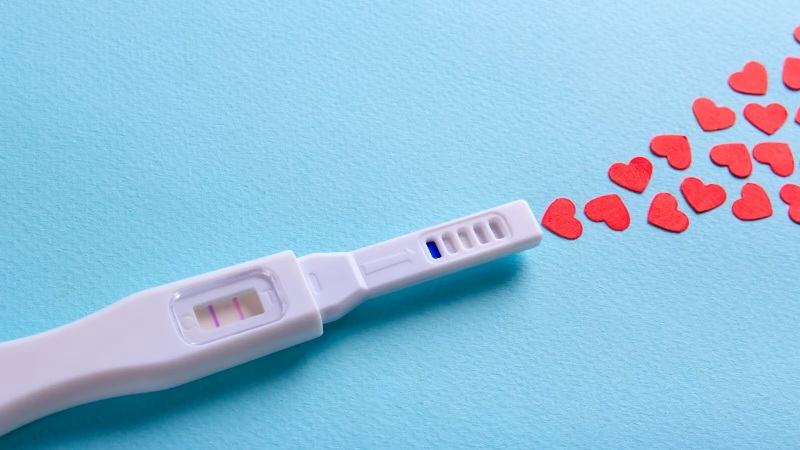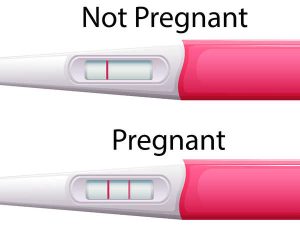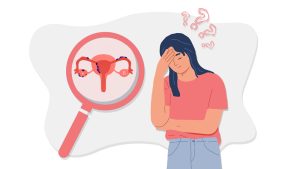If you are trying to conceive, you may have heard of ovulation test kits. These are simple tools that can help you identify your fertile window, which is the time when you are most likely to get pregnant. But how do they work and what are their benefits? Here are some answers to these questions.
Ovulation test kits are also known as ovulation predictor kits (OPKs) or fertility monitors. They detect the surge of luteinizing hormone (LH) in your urine, which happens about 12 to 36 hours before you ovulate. Ovulation is the process of releasing an egg from your ovary, which can then be fertilized by a sperm. By knowing when you ovulate, you can time intercourse or insemination to increase your chances of conception.
There are different types of ovulation test kits available, such as strips, midstream tests, digital tests, and saliva-based tests. They all have their pros and cons, but they generally have similar accuracy rates of around 99%. You can buy them online or at pharmacies without a prescription. They usually come with instructions on how to use them and interpret the results.
Some of the benefits of using ovulation test kits are:
– They are easy to use and affordable. You just need to pee on a stick or dip a strip in a cup of urine and wait for a few minutes to see the result. Most kits cost between $10 and $50 for a pack of several tests.
– They can help you pinpoint your fertile window more accurately than other methods, such as tracking your basal body temperature (BBT) or cervical mucus. These methods can be affected by various factors, such as illness, stress, medication, or travel. Ovulation test kits measure the LH surge directly, which is a more reliable indicator of ovulation.
– They can help you avoid unnecessary stress and frustration. Trying to conceive can be an emotional roller coaster, especially if you have been trying for a long time or have fertility issues. Ovulation test kits can help you reduce the guesswork and anxiety involved in timing intercourse or insemination. They can also help you communicate better with your partner or doctor about your cycle and fertility plans.
– They can help you learn more about your body and cycle. By using ovulation test kits regularly, you can get a better understanding of how your hormones fluctuate throughout your cycle and how they affect your mood, energy, libido, and symptoms. You can also track your results using an app or a calendar to see if there are any patterns or changes in your cycle.
Ovulation test kits are not foolproof, however. They have some limitations and drawbacks that you should be aware of before using them. Some of these are:
– They do not guarantee a pregnancy. Even if you have sex or insemination during your fertile window, there is no guarantee that you will conceive. Many other factors affect your fertility, such as your age, health, lifestyle, sperm quality, and egg quality. The average chance of getting pregnant per cycle is around 20% for healthy couples under 35 years old.
– They do not prevent pregnancy. Ovulation test kits are not a form of contraception. If you do not want to get pregnant, you should use another method of birth control, such as condoms, pills, or IUDs. Ovulation test kits only tell you when you are likely to ovulate, not when you are safe from pregnancy.
– They do not detect health problems. Ovulation test kits are not diagnostic tools. They cannot tell you if you have any underlying medical conditions that may affect your fertility, such as polycystic ovary syndrome (PCOS), endometriosis, fibroids, or blocked fallopian tubes. If you have irregular cycles, no LH surge detected by the kit, or no pregnancy after several months of trying, you should consult your doctor for further evaluation and treatment.
Ovulation test kits are helpful tools that can assist you in your journey to conceive. They can help you identify your fertile window more accurately and confidently than other methods. However, they are not magic bullets that can guarantee or prevent pregnancy. You should use them wisely and realistically, along with other factors that influence your fertility. You should also seek medical advice if you have any concerns or difficulties in conceiving.





